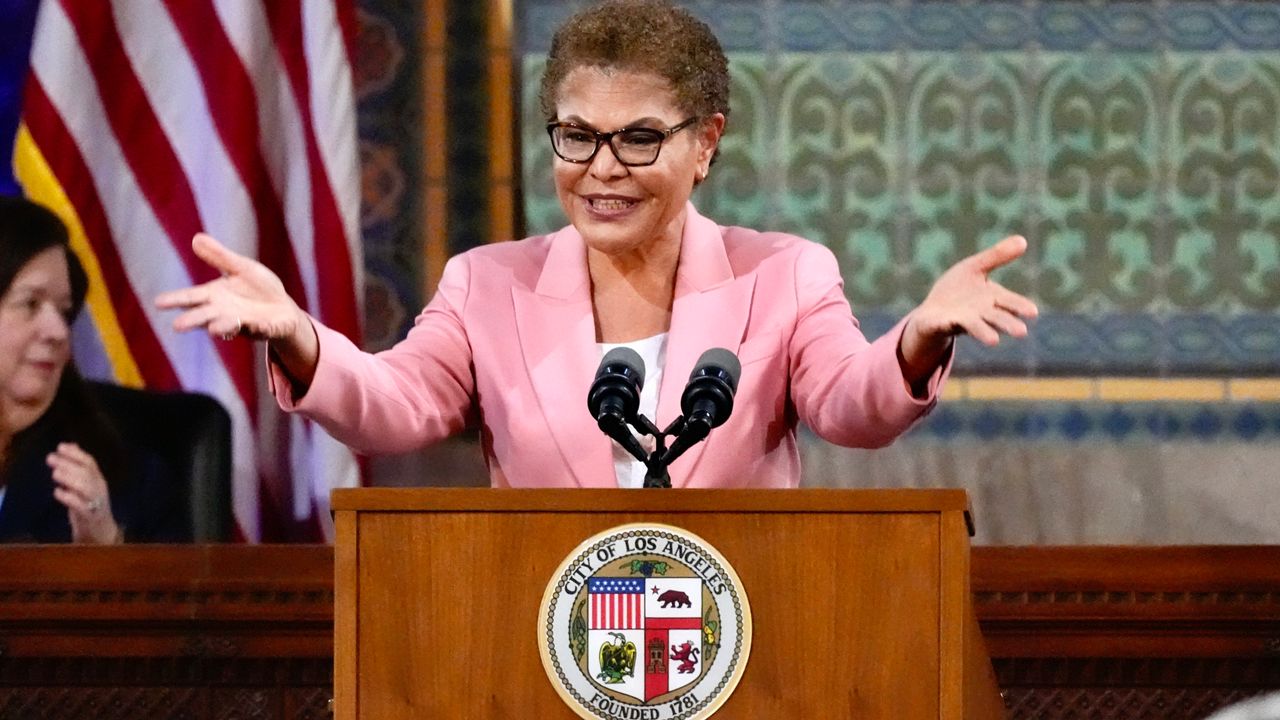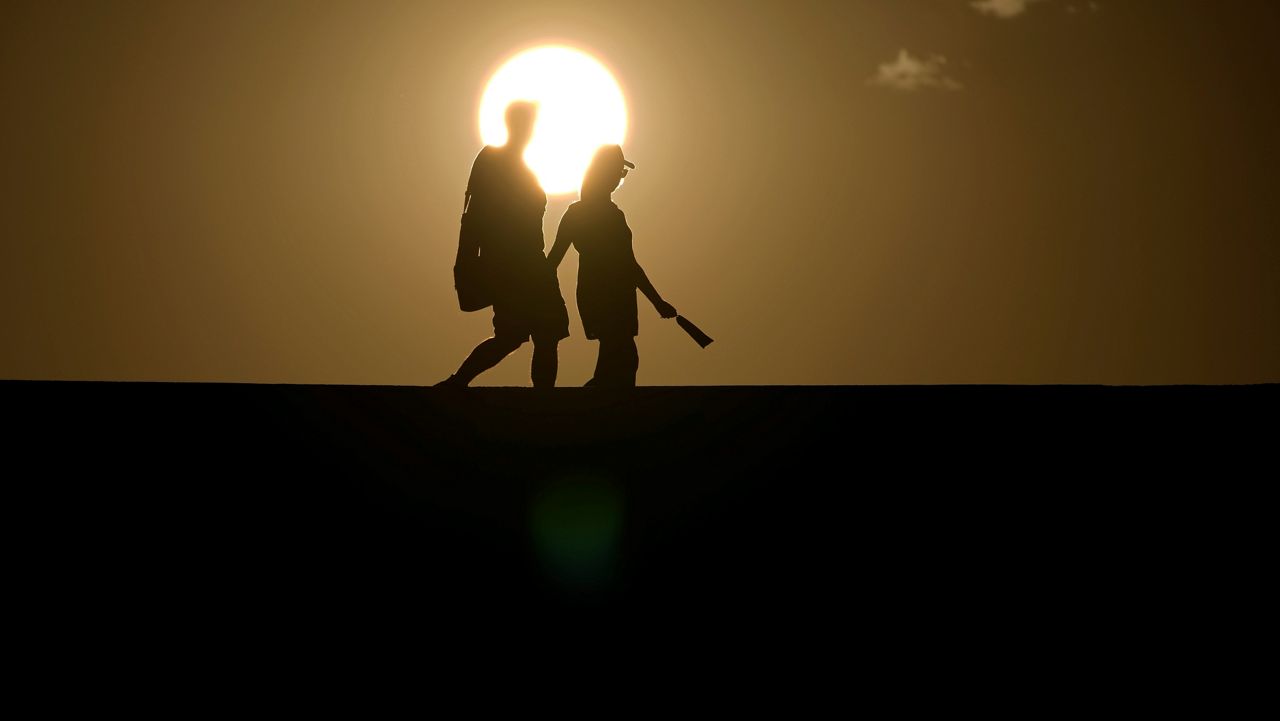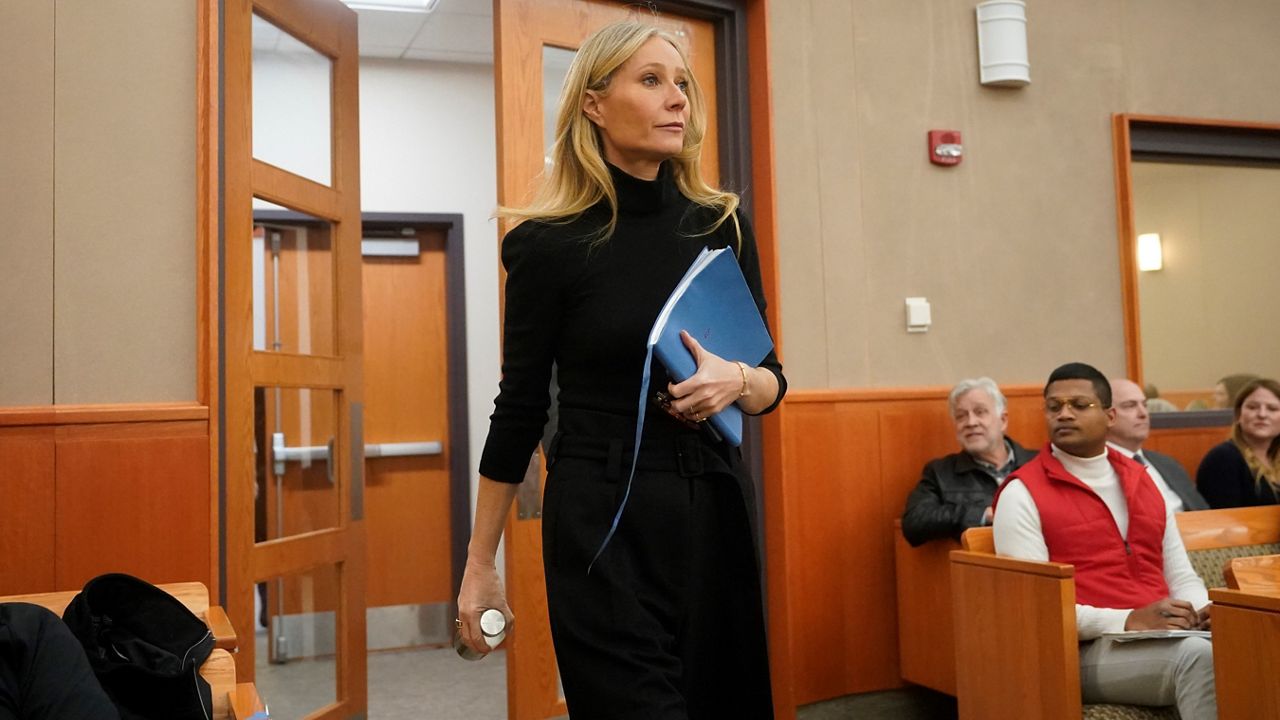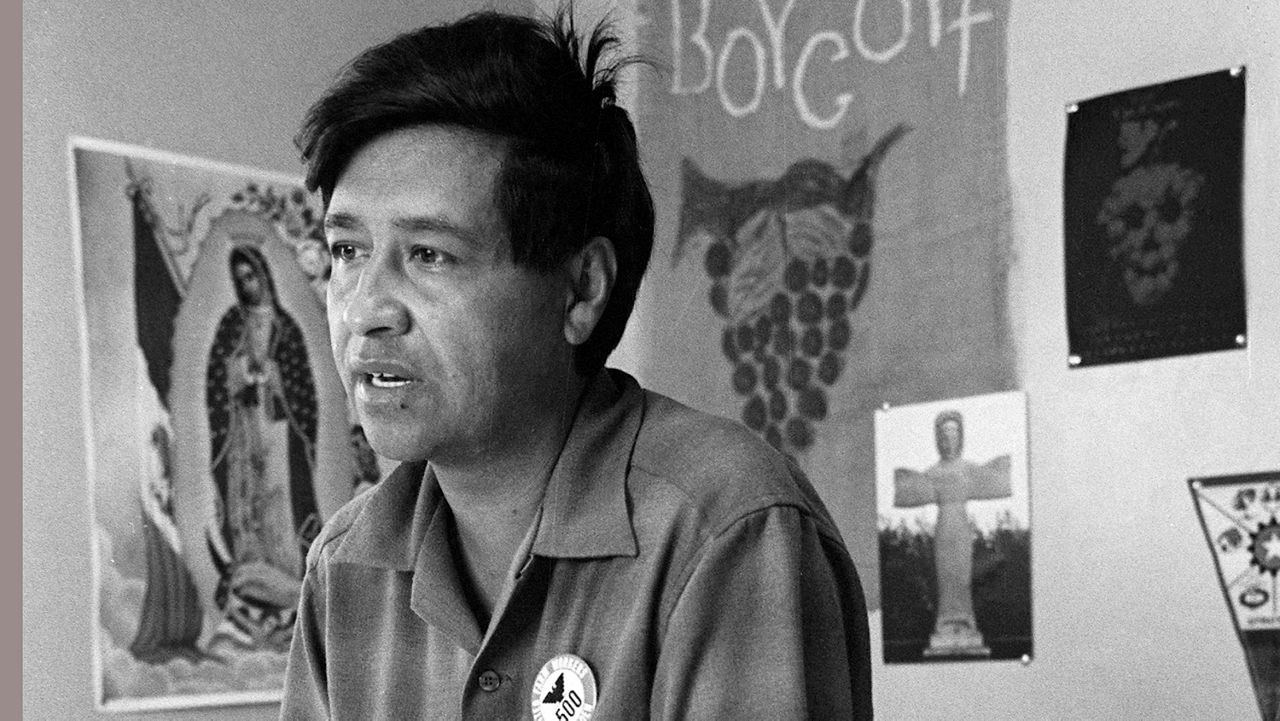LOS ANGELES — Fridays are usually a time of celebration at Beth Shir Shalom, when Rabbi Neil Comess-Daniels welcomes in the sabbath with his Santa Monica congregation. But last week there was a somber tone to his sermon because of the events in the Middle East.
By the time a ceasefire was declared between Israel and Hamas on Friday, after 11 days of fighting, at least 230 Palestinians and 12 Israelis were killed.
In preparing for the services, Comess-Daniels—known in the community as Rabbi Neil—wanted to ensure he found the right words. He chose a statement from the book of Psalms: “We pray for the well-being, the peace of Jerusalem. May those who love you be at peace,” he read aloud.
Rabbi Neil emphasized that Israel, Gaza, Jews and Palestinians all love the city of Jerusalem.
“People from all different perspectives, people from all different backgrounds, certainly Muslims and Jews are lovers of Jerusalem and pray for its well-being,” he said.
Rabbi Neil, who has been at Beth Shir Shalom for almost three decades, works with interfaith groups in California and Israel. He said that statements of peace are needed at this time when tensions between Israel and Palestinians have spilled over onto the streets of Los Angeles.
On Sunday, a man was arrested for his part in an attack on diners outside an LA restaurant. Witnesses said the man was yelling anti-Semitic phrases at diners and the Los Angeles Police Department is investigating whether or not the incident was a hate crime.
Los Angeles Mayor Eric Garcetti spoke at an interfaith news conference and posted on Twitter writing: “We as a city condemn last night’s organized anti-Semitic attack. Jewish Angelenos, like all residents, should always feel safe in our city.”
Rabbi Neil condemns all violence and anti-Semitism on LA streets.
“We have to assume the people who are acting out this way are acting out of an ignorant notion of who we are. I’m not saying ignorant in a pejorative way, I mean, they really actually don’t know, and are filled with hate-filled visions,” he said.
While any violence on local streets is concerning, Rabbi Neil said he was focused on the events between Israel and Hamas. He reflected on the pain and destructions Jewish people have been subjected to in the past and the destruction inflicted on the people of Gaza.
“We know what’s wrong to do to us. How dare we do it to anyone else and that’s what’s happening in this cataclysm," he said. "We can’t blame the other side for forcing our hand."
Over the past weeks, there’s been an outpouring of support for Palestinians across the country and in Los Angeles. The protests have been mainly peaceful, but Dov Waxman, a professor of Israel studies at UCLA and an expert on Israeli-Palestinian relations, said he’s not surprised clashes have occurred.
“I think it’s entirely reasonable and legitimate to protest and for people to make their views known and there’s nothing wrong with that. If you want to protest Israeli policies and Israel’s actions, you shouldn’t target Jews. They do not represent the state of Israel,” said Waxman.
He added that pushing against de facto U.S. foreign policy can be productive, but that the current climate can lead to altercations.
“It’s healthy to debate U.S. policy, but I think the danger is that this polarization is creating tensions in the U.S. particularly between Jewish Americans and Palestinian Americans. We’re seeing these tensions play out on college campuses as well. I worry about the temperature of the debate,” he said.
Rabbi Neil has seen these conflicts flare up for many years, with periods of calm interspersed between periods of violence. It’s a pattern he hopes will end.
“Violence is always going to be within us, as a choice. But we have to not choose it. We have to figure out that there are other ways for us to prevent others from being violent against us, and from us being violent against them," he said.











